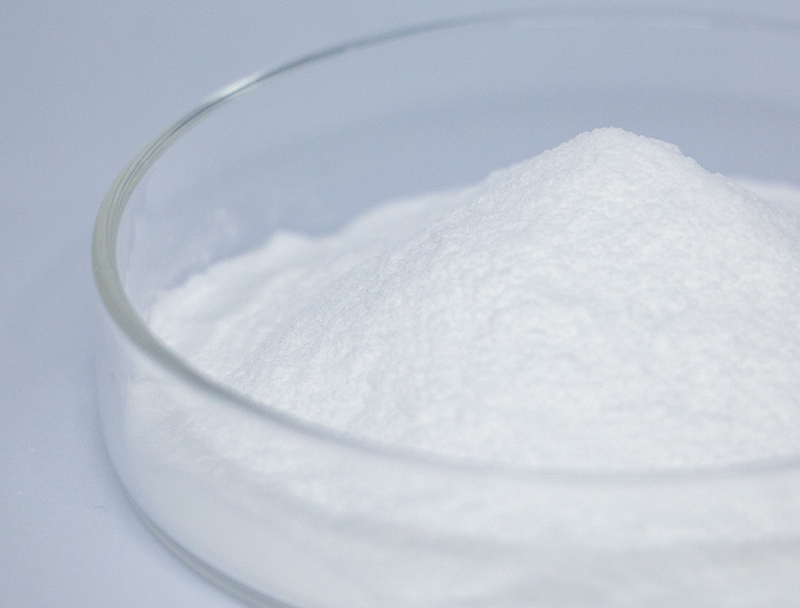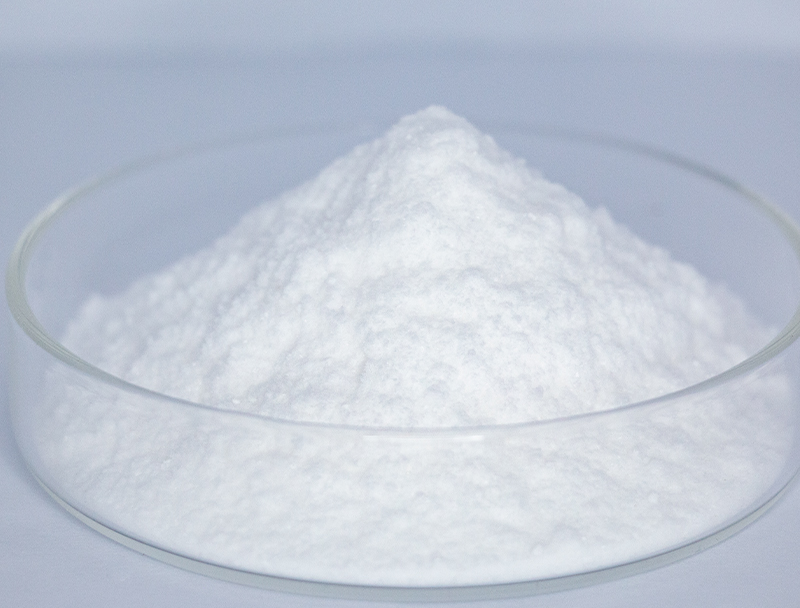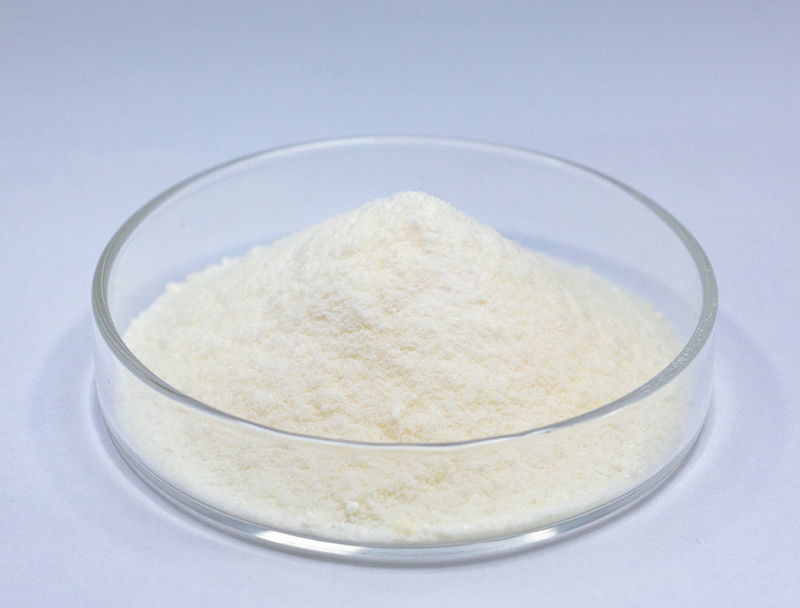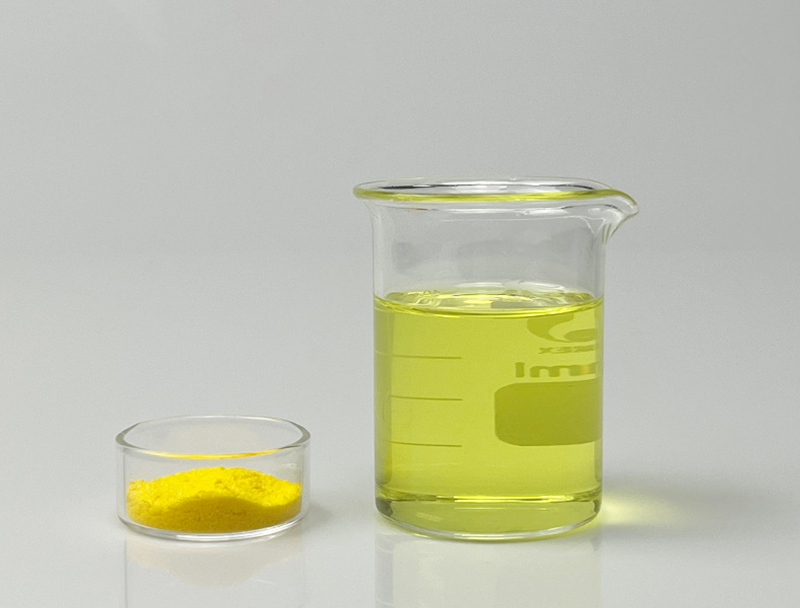
Modern biofabrication is grounded in an extensive collection of input materials for generating cutting-edge biobased goods.
Securing ethical acquisition of feedstocks is critical to longevity and principled development in the sector.
various risks tied to conventional feedstock acquisition such as ecological damage and resource depletion. Consequently, biotech firms need proactively to adopt sustainable procurement approaches to reduce environmental impact.
- Representations of ethical supply approaches are:
- Using repurposed agricultural residues as substrates
- Installing reclamation workflows to diminish waste and heighten recovery
- Forging alliances with neighborhood suppliers supporting green sourcing
Transitioning to green supply models secures ecological benefits and economic upside.
Refining Biomass Sources to Enhance Fuel Conversion
Boosting conversion rates requires high-quality and well-characterized biomass. Analysts tirelessly probe advances to elevate feedstock conversion, facilitating elevated yields and a renewable energy transition. Initiatives integrate bioengineering to scale biomass production and pretreatment workflows to free fermentable sugars.
- Furthermore, teams search for alternative biomass sources including algal strains, industrial wastes, and crop leftovers to broaden sustainable feedstock options for fuels.
- Owing to ongoing work the biofuel domain is primed to reach substantial milestones advancing renewable energy adoption.

Enhanced Upstream Strategies for Biopharmaceutical Yield
spans early manufacturing steps including propagation and cell separation Ongoing innovations have accelerated process enhancement leading to greater yields.
Meaningful breakthroughs include engineered cell strains, enhanced culture formulations, and modular reactor designs. The improvements increase output while decreasing cost structures and sustainability impacts.
- Likewise, the move to continuous systems facilitates better adaptability and streamlined upstream production.
- Embracing sophisticated manufacturing strategies is poised to change industry norms and shorten development cycles.

CRISPR and Beyond: Improving Biopharma Production
improvements in molecular editing platforms like CRISPR have updated therapeutic production processes. With exact genomic alterations, researchers improve host productivity for therapeutic manufacture. This approach holds immense potential for developing more efficient and affordable biopharmaceuticals to address a wide range of diseases.
Microbial Approaches to Effective Bioremediation
cutting-edge microbial approaches that remediate contamination sustainably. Specialized microbes can enzymatically degrade pollutants to reduced-toxicity products.. Harnessing microbe-based degradation fosters cleanup tactics that minimize environmental disruption and residual waste.. Researchers screen diverse microbial taxa for metabolic pathways suited to remove heavy metals, pesticide residues, and hydrocarbon contamination.. Microbial strains work in bioreactor settings or on-site applications to convert pollutants through biological pathways..
Microbial remediation approaches present key benefits relative to classic remediation methods. Microbial remediation can cut expenses and limit harmful secondary emissions. In addition, microbial approaches enable pollutant-specific treatment without broad ecological disruption. Work in this area evolves rapidly to optimize the success rates and scalability of bioremediation solutions.
Data-Driven Approaches for Therapeutic Development
Bioinformatics techniques are integral to present-day therapeutic development workflows. From predictive screening to lead refinement, computational biology underpins more efficient drug pipelines.
- By parsing huge omics and clinical databases, bioinformaticians detect targets and estimate therapeutic responses.
- Concurrently, virtual screening and simulation shape the development of more effective therapeutics.
- Ultimately, informatics is transforming R&D and shortening timelines to deliver safe, efficacious therapies to patients.
Cell Factory Optimization for Higher Bioproduct Output
employs a variety of strategies to augment the synthesis of valuable bioproducts within microorganisms. Programs use genetic redesign of metabolic networks, dynamic regulation of expression, and addition of heterologous genes to unlock new capabilities. By refining pathway flux and regulation engineers can significantly raise bioproduct production.
This combined approach has capacity to change industries from drug manufacture to food production and bioenergy.

Scale-Up Challenges and Prospects for Biopharmaceuticals
Industrial-scale production introduces demanding hurdles as well as strategic advantages. Preserving batch-to-batch quality when scaling up is a key challenge. Solving it involves resilient control frameworks, high-resolution monitoring, and modern analytical tools.

One issue is the complexity of biopharmaceutical manufacturing processes, which often involve multiple steps.. Converting small-scale procedures to plant-scale operations necessitates extensive innovation and optimization.. Still, the gains can be meaningful. Achieved scale can widen availability of treatments, lower manufacturing costs, and boost financial returns.
A range of strategies is being implemented to address scaling problems. They encompass new process-improvement tools, in-line analytics for continuous oversight, and creative manufacturing approaches.
- Development efforts are also playing a crucial role in advancing biopharmaceutical production capabilities.
- Government agencies are streamlining review procedures to permit quicker uptake of new production technologies and foster innovation.
Mapping the Compliance Environment for Safe Therapeutic Development
Bringing biologics to market involves rigorous regulation designed to protect GABA patients and confirm therapeutic benefit. Biologic therapeutics bring unique regulatory and manufacturing demands unlike traditional pharmaceuticals.
Regulators such as the FDA and EMA define authorization pathways and quality standards for new biologic medicines..
Stringent experimental and surveillance testing occurs across the entire development-to-market continuum. Such safeguards are intended to detect hazards and ensure therapeutics adhere to top-tier safety benchmarks..
Also, governing institutions evolve their strategies to respond to swift advances in biopharmaceutical science.. Policies involve deploying novel tech and expediting development while preserving commitment to patient safety.

Plant-Derived Inputs for Next-Gen Bioplastics
The expanding market for green materials prompts increased R&D into bio-based solutions. Converting plant biomass into bioplastics offers a credible pathway to environmentally sound products. Sources like cornstarch, cellulose fibers, and sugarcane biomass can transform into compostable plastics that decompose and reduce pollution.
Additionally, many plant-based bioplastics show performance characteristics similar to conventional plastics for numerous uses.. Sustained research efforts are necessary to optimize plant feedstocks for mass bioplastic production and enable circularity.
Biotech's Role in Improving Global Health and Agricultural Resilience
Biotechnology equips researchers with methods to tackle health crises and bolster food availability. By applying gene editing, synthetic biology constructs, and cellular therapies, scientists create tools to fight disease, raise yields, and boost nutrition.. Illustratively, crops altered for pest resistance and stress endurance support increased harvests and diminished pesticide usage.. In addition, the field produces vaccines, treatments, and diagnostic tools that are central to fighting infections and improving health worldwide.. Going forward, advancements in biotechnology are likely to yield interventions that improve health and advance sustainable food systems globally.
 L-arginine-α-ketoglutaric acid
L-arginine-α-ketoglutaric acid